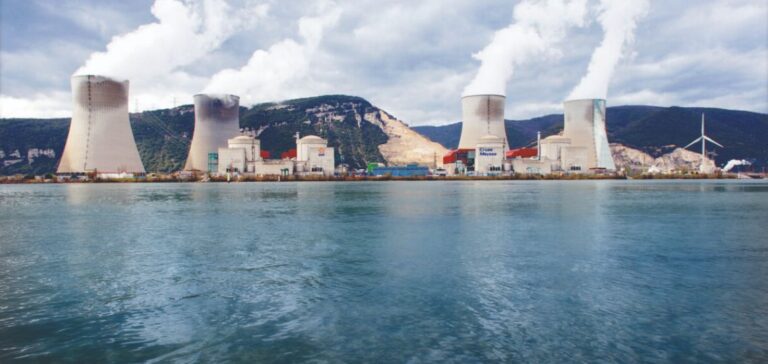French energy group Engie has formalized the ten-year extension of the Doel 4 and Tihange 3 nuclear reactors in partnership with the Belgian state. This milestone follows approval from the European Commission last February, consolidating a preliminary agreement signed two years earlier between the company and Belgian authorities. The deal includes transferring financial responsibility for nuclear waste and spent fuel, a significant financial issue for both parties. A first tranche of the associated payment has already been made to Engie, with a second due upon reactor restart, scheduled for next November.
Risk-Sharing and Financial Structure
The Doel 4 and Tihange 3 reactors will now be operated by a joint venture equally owned by Engie and the Belgian government. This structure is based on a Contract for Difference mechanism aimed at evenly distributing financial risks associated with extending the nuclear plants’ operations. The Belgian government’s decision to prolong these reactors directly results from tensions in European energy markets, exacerbated by the Russia-Ukraine conflict initiated in 2022. This strategic shift stands in sharp contrast with legislation passed in 2003, which initially planned a complete Belgian nuclear phase-out by the end of 2025.
The Doel plant, near Antwerp, and the Tihange plant, near Liège, have historically been central to Belgium’s nuclear power infrastructure, operated by Engie for several decades. With this extension, Engie also sees the removal of a significant financial burden that had impacted its financial statements, linked to provisions made for the initially planned shutdown. Consequently, the French group’s net profit has mechanically increased, marking a clear break from previous financial results burdened by nuclear exit-related costs.
Immediate Economic Consequences
Engie’s CEO, Catherine MacGregor, recently described this issue as an opportunity to “de-risk” the group’s nuclear activities in Belgium. During the publication of annual results in late February, she highlighted the direct positive impact of this extension on the company’s financial performance. The now finalized agreement allows Engie to alleviate historical financial constraints while stabilizing Belgium’s energy outlook for the next decade.
The extension of the Doel 4 and Tihange 3 reactors also represents a decisive step toward maintaining Belgium’s energy security within a complex regional context. The Belgian state aims to secure national energy capacity while controlling its exposure to highly volatile international energy markets, particularly since the early 2020s. Furthermore, this partnership model may serve as a reference for other European countries facing similar choices in energy policy.






















